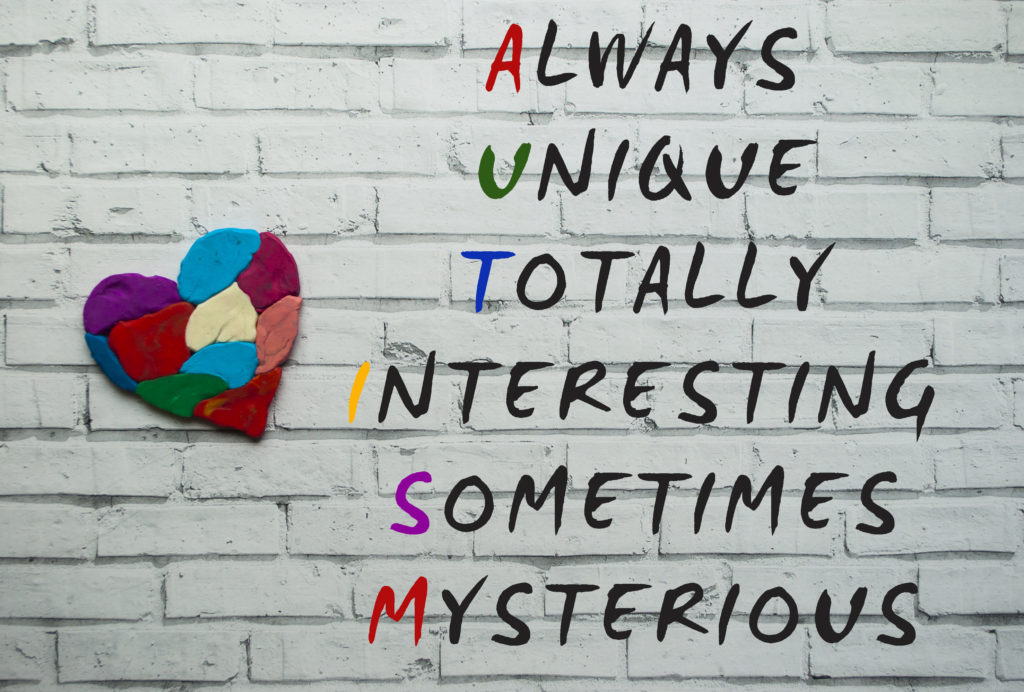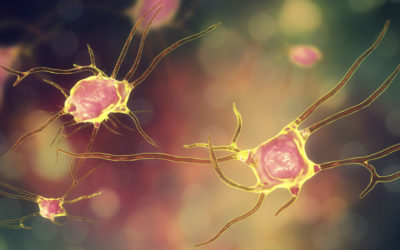
Autism has become a well-known diagnosis in recent years. Though some people seem to be against this sort of labelling, and the general increase in different label of mental conditions, a study out of the University of Portsmouth shows why this is actually a good thing.
What they found is that those who learned they were autistic when they were younger felt happier about their lives. This is probably due to many reasons – generally it is empowering because it clarifies how one is feeling and engages with the world. This enables them to find better ways to deal with this and also explain this to themselves and others. Not only that, but other resources may be available or the understanding of others such as teachers or peers at school.
However, though it is better to be diagnosed, and informed earlier, they also found that receiving a diagnosis in adulthood was also empowering and accompanied by a sense of relief. The takeaway is that getting a diagnosis is important and being informed of this, in a suitable way, of course, is also important.
Of note is that women, who are less often diagnosed, or minority groups, or non-binary individuals, respond more positively to the diagnosis. It also shows that getting a diagnosis (and support) is important to increase life outcomes for those with autism.
Reference:
Tomisin Oredipe, Bella Kofner, Ariana Riccio, Eilidh Cage, Jonathan Vincent, Steven K Kapp, Patrick Dwyer, Kristen Gillespie-Lynch.
Does learning you are autistic at a younger age lead to better adult outcomes? A participatory exploration of the perspectives of autistic university students.
Autism, 2022; 136236132210867
DOI: 10.1177/13623613221086700
More Quick Hits
Newly Discovered Ebb and Flow of Brain Chemicals that Drive Learning – Continuously
Different areas of the brain are associated with empathy – this new research shows how brain regions synchronise to induce empathic responses.
Everyday Pleasures Improve Brain Performance
Different areas of the brain are associated with empathy – this new research shows how brain regions synchronise to induce empathic responses.
Brain Scans Show How to Coach and Inspire More Effectively
Different areas of the brain are associated with empathy – this new research shows how brain regions synchronise to induce empathic responses.
You’re Less Productive in the Afternoon – Especially on Fridays
Different areas of the brain are associated with empathy – this new research shows how brain regions synchronise to induce empathic responses.
Flash of Consciousness Before Death
Different areas of the brain are associated with empathy – this new research shows how brain regions synchronise to induce empathic responses.
Smells Shown to Dramatically Boost Brain Power
Different areas of the brain are associated with empathy – this new research shows how brain regions synchronise to induce empathic responses.
Your Brain on Laughter
Different areas of the brain are associated with empathy – this new research shows how brain regions synchronise to induce empathic responses.
How Exercise Helps New Brain Cells Grow
Different areas of the brain are associated with empathy – this new research shows how brain regions synchronise to induce empathic responses.
Light Activity Improves Brain Function
Different areas of the brain are associated with empathy – this new research shows how brain regions synchronise to induce empathic responses.
A Surprisingly Simple Technique to Improve Learning and Memory
Different areas of the brain are associated with empathy – this new research shows how brain regions synchronise to induce empathic responses.










